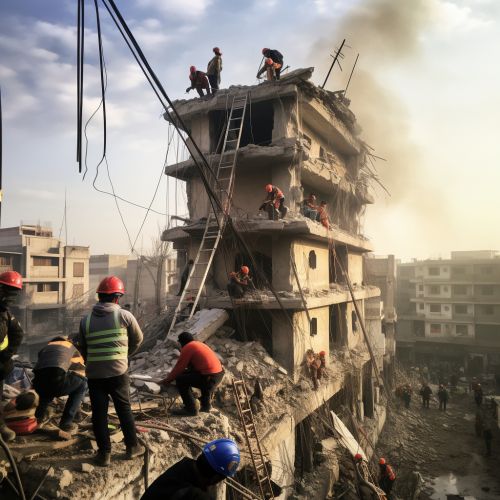Mosul
History
Mosul, an ancient city located in northern Iraq, has a rich and complex history that spans thousands of years. The city's strategic location on the Tigris River has made it a hub of trade and cultural exchange since ancient times. The city was first mentioned in historical records dating back to the 3rd millennium BC, when it was known as Mepsila and was part of the Akkadian Empire.
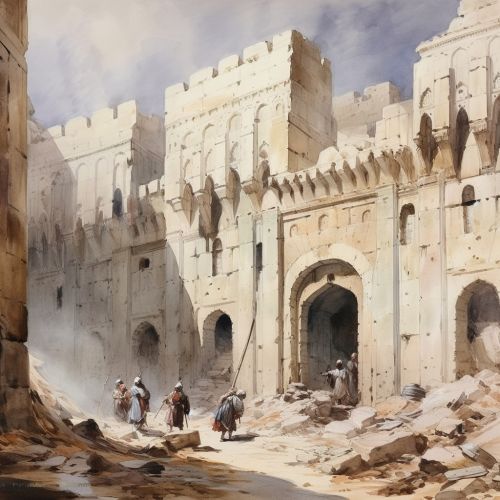
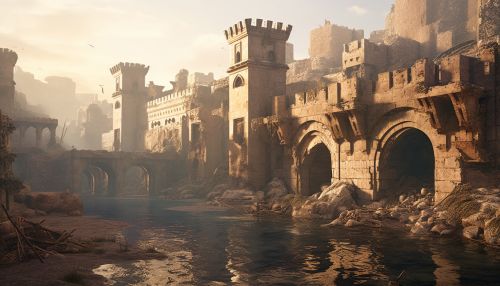
Over the centuries, Mosul has been ruled by various empires and dynasties, including the Assyrians, Babylonians, Persians, Romans, Umayyads, Abbasids, Seljuks, Mongols, Ottomans, and most recently, the modern state of Iraq. Each of these periods left its mark on the city, contributing to its rich architectural and cultural heritage.
Geography and Climate
Mosul is located in the northwestern part of Iraq, near the borders with Turkey and Syria. The city is situated on the west bank of the Tigris River, across from the ancient Assyrian city of Nineveh. The surrounding region is characterized by semi-arid conditions, with hot summers and cool winters. The city's location on the river has made it an important center for agriculture, particularly the cultivation of dates, grains, and cotton.
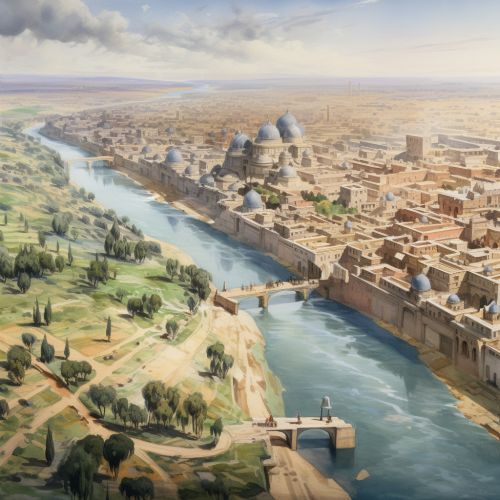
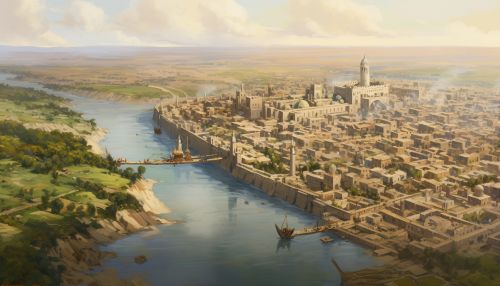
Economy
The economy of Mosul has traditionally been based on agriculture and trade. The city's location on the Tigris River and its proximity to major trade routes have made it a key center for commerce in the region. In addition to agriculture, the city has a diverse economy with sectors including construction, textiles, food processing, and oil production. The presence of Mosul University, one of the largest educational institutions in Iraq, also contributes to the city's economy.

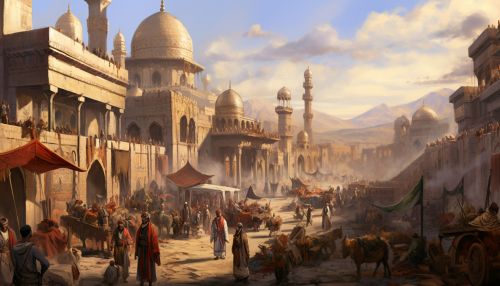
Culture
Mosul has a rich cultural heritage, with influences from the many civilizations that have ruled the city over the centuries. The city is known for its distinctive architecture, which includes a mix of ancient Assyrian ruins, Islamic mosques and madrasas, Ottoman-era houses, and modern buildings. Mosul is also known for its traditional music, literature, and cuisine.
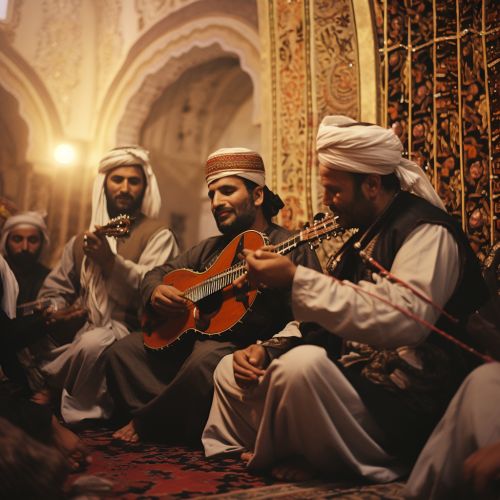

Recent History and Current Situation
In recent years, Mosul has been at the center of major geopolitical events. The city was occupied by the Islamic State of Iraq and the Levant (ISIL) from 2014 to 2017, a period that resulted in significant destruction and loss of life. Since the liberation of the city in 2017, efforts have been underway to rebuild and restore Mosul, with a focus on preserving its cultural heritage and revitalizing its economy.
